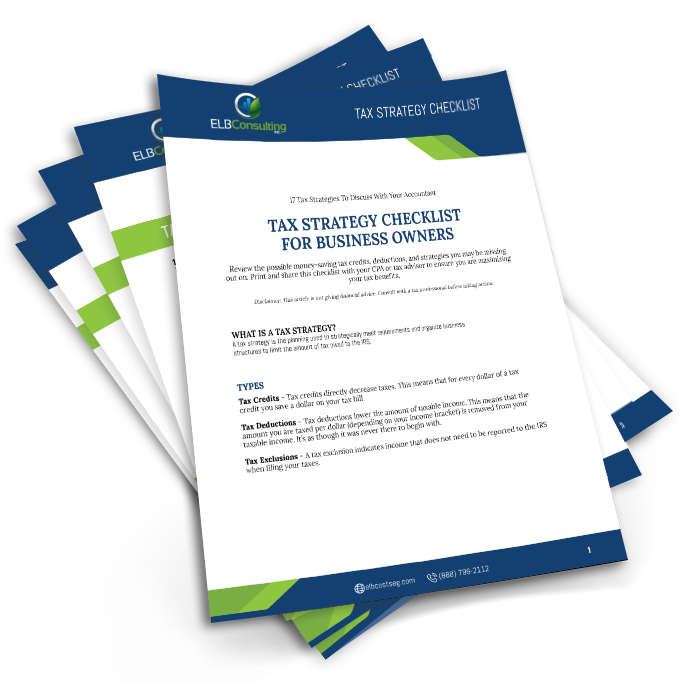Recently the Department of the Treasury and the I.R.S. issued guidelines (IRS Notice 2017-23) allows start-up companies, who qualify for the R&D Tax Credit, to apply their tax credit benefit to payroll taxes. That’s right, the new ruling now allows these firms to apply their R&D Tax Credit directly to their federal ‘payroll tax’ liability, versus just their income tax liability.
What Does This New Ruling Mean?
This new ruling is “significant” for early-stage and start-up firms who are developing innovative solutions and processes for their specific industry. Many of whom are still in development, beta, pilot or early roll-out stages. Frequently these firms can be more heavily weighted on their payroll than on income. Prior to this ruling, they would not be able to take advantage of the R&D Tax Credit in these early formative years.
How Are These Firms Defined?
It defines these firms as companies with less than $5 million in gross receipts and earning revenue for less than 5 years.
What Type of Firms Can Qualify?
Life Sciences, Food Science/Bio-Flavoring, Aerospace, Defense, Software Development, Electronics, Energy, Chemical, Architectural, Engineering, Financial Services, Automotive and Transportation firms, and more. The basis to qualify is in proprietary innovation and technology for your business, so nearly all industries could qualify.
How Do You Determine If a Firm Qualifies?
There are specific criteria that must be measured, evaluated and thoroughly documented by an expert in the field. The crux first lies in a four-part test to determine qualification:
- Is the work Technological in Nature?
- Has there been a Process of Experimentation?
- Has there been an Elimination of Uncertainty?
- Is there a Permitted Purpose?
Under this new I.R.S. guidance, an eligible start-up company can apply up to $250,000 of their qualified R&D Tax Credit toward their federal payroll liability.
Opening this door for start-up and early stage firms to apply the R&D Tax Credit could accelerate the growth for many firms, freeing up needed cash for further development.
You may be missing out on tax benefits.
Own commercial property?
We can help you find smarter ways to depreciate your property and reduce your taxes. Tell us about yourself and we’ll see how much you could be saving.




